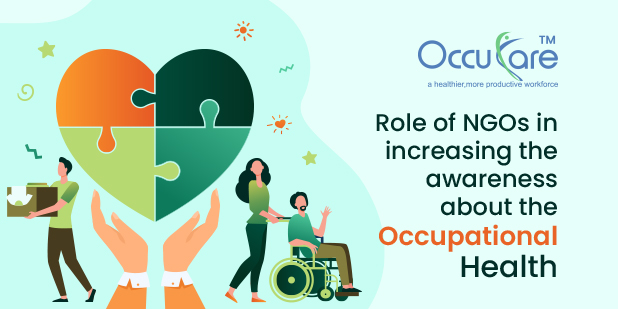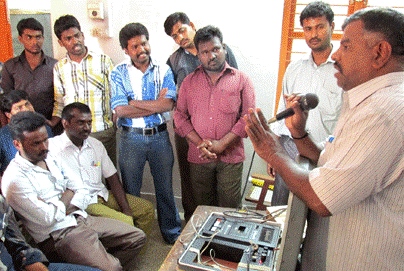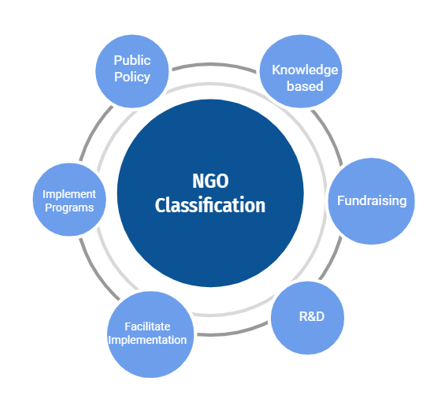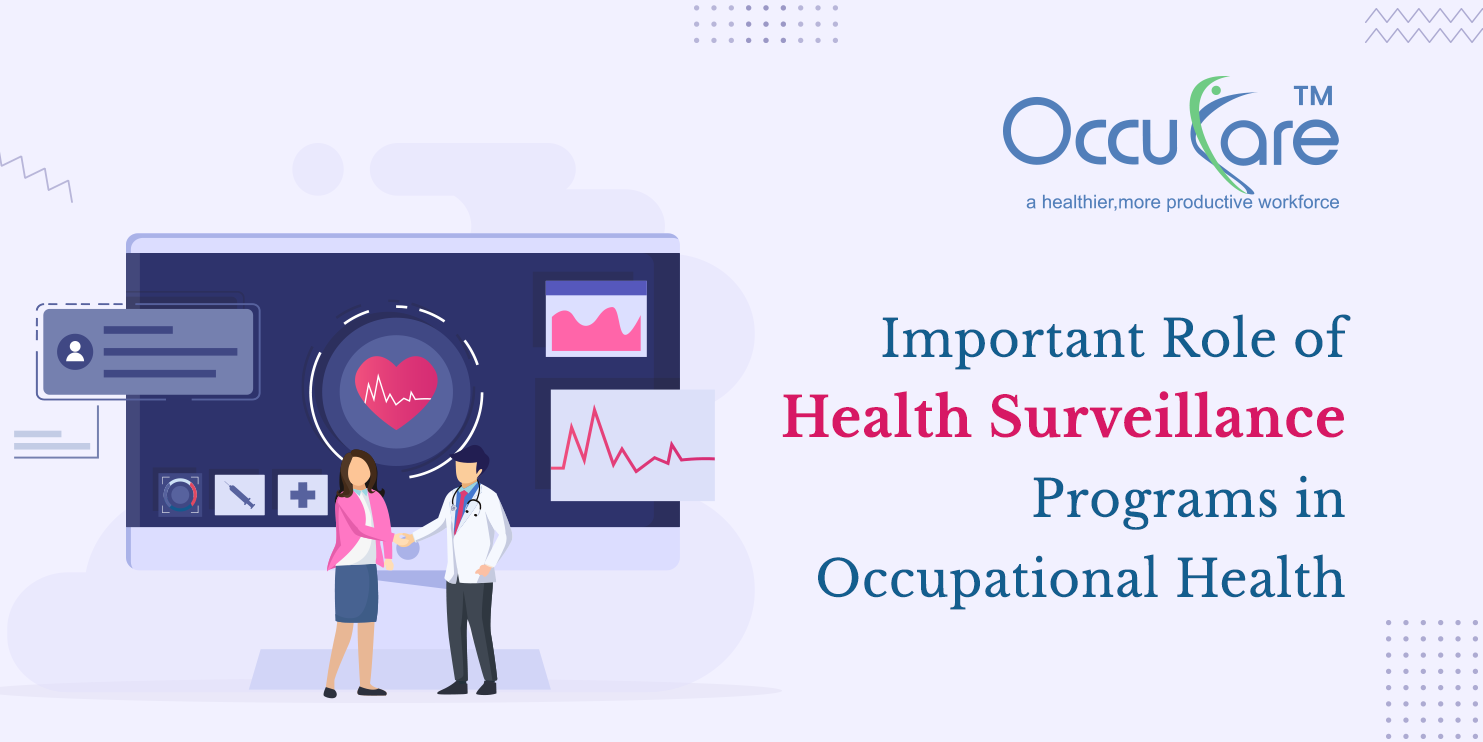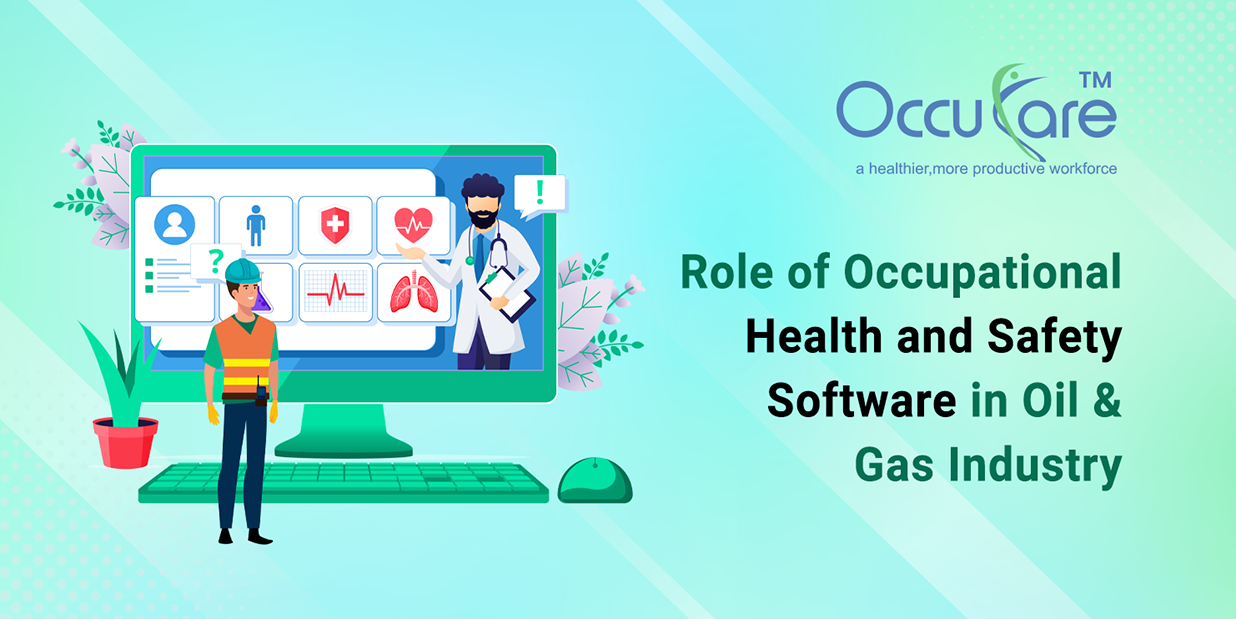Non-governmental organisations (NGOs) are non-profit organisations that strive for a charitable purposes and social justice. They now occupy a key position in civil society. NGOs have been intensifying their development operations with government support by tackling specific concerns such as reducing poverty, class conflict and inequality, women’s rights, child slavery, Rural development, environmental challenges, and so on. NGOs have played an increasingly important role in the development of the social sector, including education, health, and other areas, over the last two decades. Check out the best occupational health and safety Software.
NGO in Occupation Hazard development:-
● The growth of Organization:-
NGO’s play a critical role in raising people’s morale. It promotes societal development by pushing people to use their rights and raising awareness of social or individual tasks.
● Organize a knowledge-based campaign at the company:-
NGO’s play an important part in creating a better environment in organisations by advising individuals and creating camping in organisations, as well as teaching people how to fight for their rights and how to report problems. For
Example, if an incident occurs in an organization, how can employees file a claim on the company and get their money reimbursed.
NGO’s contribute to the health of employees by teaching them why it is important to utilise safety equipment and obey corporate standards. Why is it necessary to use gloves, glasses, and other protective equipment to protect themselves from dangerous situations.
What is the responsibility of non-governmental organisations (NGOs) in the occupation of health:-
• To identify risk in occupational health centres:-
One of the most basic requirements in terms of occupational health and safety is to specify dangers in the workplace. By detecting and removing potential dangers in the workplace, risk analysis allows for a safer working environment. It is much easier to find a solution to a problem after the risk has been identified.
• Provide Plan of Action in an Emergency:-
There should be a plan in place for every form of risk, and an employee should be prepared for a terrible circumstance. The role of the NGO is critical in encouraging employees in all situations and ensuring that they are prepared with a risk-based action plan.
• Training of Employees:-
Every employee must receive training and take action accordingly. Employees must understand what to do in an emergency or in a dangerous situation. Employees should be prepared to deal with the circumstance and trained on how the organisation can assist them. How can the corporation assist its employees financially. What kind of claim can an employee make on behalf of the company. This fundamental understanding may be imparted during training.
How NGOs is increasing the awareness about the Occupational Health:-
Many employees in Occupational Health are unconcerned about their health, although many incidents occur at the organisational level. There is a lot of illegal child labour in organisations, and those who work in organisations don’t take care of themselves. The health factors of employees working in organisations are ignored by management departments. NGOs play a critical role in bringing these factors to the people’s attention. Avoiding situations that could cause injury to employees, as well as safeguarding and aiding employees in protecting themselves from such situations, are all part of the duty of care. The primary responsibility of this task is to ensure workplace health and safety.
- NGO’s Organize a variety of health-related programmes for the Occupational health center. Increasing people’s willingness to fight for their rights. Provides the best primary health programmes in the context of human development. Conducts evaluations and assessments to prepare people for their own roles and to prioritise their health.
- The NGO has the ability to raise finances for the Occupational health. At the national and municipal levels, strategies for building and growing government capacity to coordinate and regulate. Coordination structures and methods among NGOs and between NGOs and the government to increase awareness in Occupational Health.
- NGOs’ major roles in the health system are to provide services and to promote for better health. Medical, social, and psychological services, as well as integration activities, care and nursing, material and financial support, educational and information services, and training, are all included in the provision of services. Look out the best employee health software.
In this way, non-governmental organization’s (NGOs) are very helpful hands for our occupational health centers and ready to bring about new changes in our society and make the occupational health system better and more beneficial for all.
